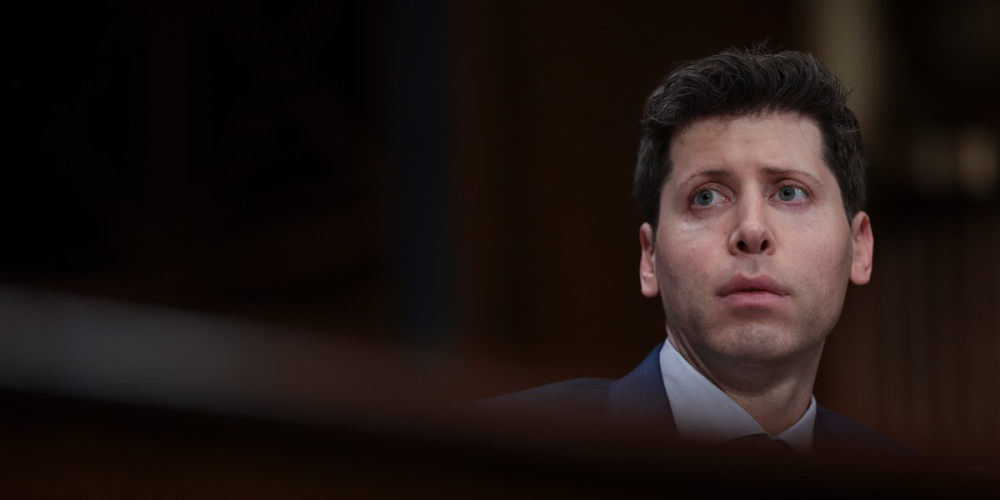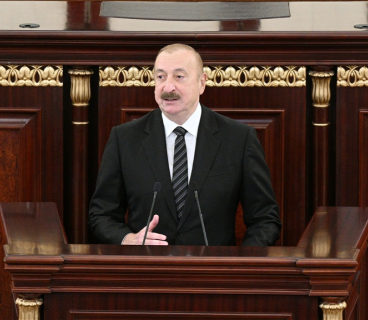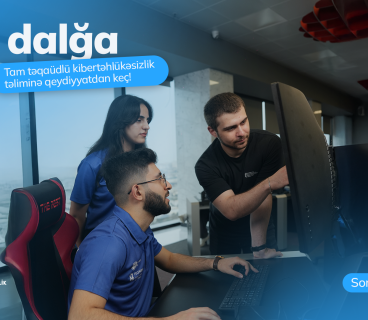As artificial intelligence technologies become more and more commonplace in our daily lives, many people—especially young people—are turning to apps like ChatGPT for psychological and emotional support. But OpenAI CEO Sam Altman has issued a stark warning: private conversations with AI are not legally protected.
Altman made the remarks on Theo Vaughn's This Past Weekend. He said that conversations with AI don't have the same legal privacy as a doctor-patient or lawyer-client conversation.
"People are telling ChatGPT about the most personal aspects of their lives. They're asking about everything from relationship problems to psychological stress," Altman said. "But if these conversations are involved in a lawsuit, we're currently forced to provide this information. There's no legal protection."
Legal loophole: Conversations can be exposed
According to Altman, the concept of "confidential information" in AI conversations has not yet found its place in legal documents. This means that such communications could be made available to legal authorities if necessary – for example, by court order.
“I think this is a very problematic situation. People should know that their conversations with AI are protected in the same way that they are with a psychologist. But that is not happening yet,” Altman added.
OpenAI in a privacy lawsuit
OpenAI is currently fighting a lawsuit against The New York Times demanding that it release millions of users’ conversations. The company has appealed the request, calling it “excessive and dangerous precedent.”
The company said in a statement that such decisions seriously undermine the perception of AI as a confidential and trustworthy platform.
Altman’s advice to users: Don’t share without being sure about privacy
Altman told Theo Von that his reluctance to use AI more – due to the lack of clarity on privacy – is completely understandable and justified.
“I think users should wait for legal transparency and protection before they can widely use ChatGPT,” Altman emphasized.







